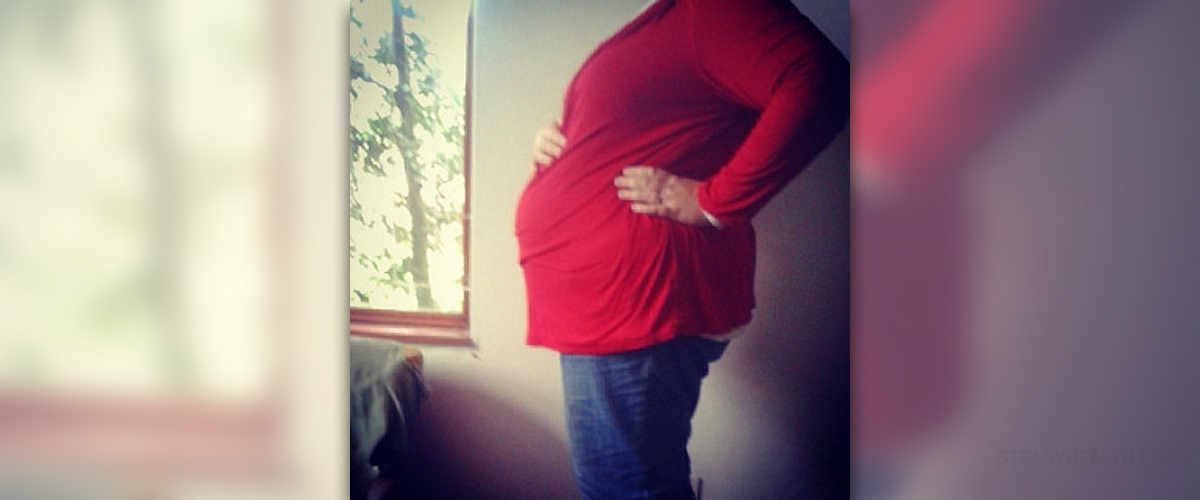
You may wonder how your age will affect your pregnancy, particularly if you have already had children in younger years. There is no doubt that there is a lot of alarmist information around but that won't help you any when you are already expecting! There are some risks connected to expecting a baby in your forties increased odds of having a baby with a chromosomal abnormality, like Down Syndrome, are well documented and will not be anything new to you.
According to some sources, the risk of having a baby with chromosomal abnormalities is as as high as one in 42 after you reach age 40. In addition, you may have higher odds of pregnancy complications like gestational diabetes and preeclampsia as well. Your obstetrician might automatically be a high risk OB, due to your age, and you may well be strongly encouraged to conduct prenatal tests like an amniocentesis. On the upside, women who have a baby in their 40s are more likely to have greater life experience to help them be a great mother.
Statistically, women who give birth after 40 are more likely to raise their baby to become a well-educated adult. You may also have more options to work from home, work part time, or stay at home with your baby if your career is already well-established. Increasing numbers of women are deciding to have a baby later in life.
If you are one of them, you have every reason to simply be thrilled about your pregnancy and meanwhile, to live as healthily as you can. You and your partner are the ones to decide whether you want to agree to prenatal screening and diagnostic tests, and if so which tests. Don't feel pressured into such tests if you do not wish to undergo them, for a variety of reasons.
- www.nhs.uk/news/pregnancy-and-child/pregnancy-warning-for-older-women/
- www.nhs.uk/common-health-questions/pregnancy/how-can-i-increase-my-chances-of-getting-pregnant/
- Photo courtesy of Raoul and Hannah Snyman by Flickr: www.flickr.com/photos/who_da_fly/14331527770/


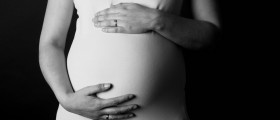

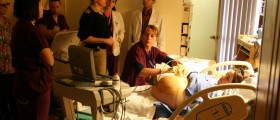

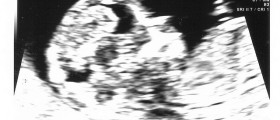
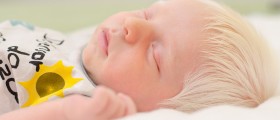





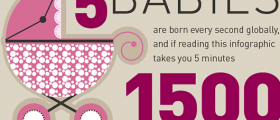


Your thoughts on this
Loading...